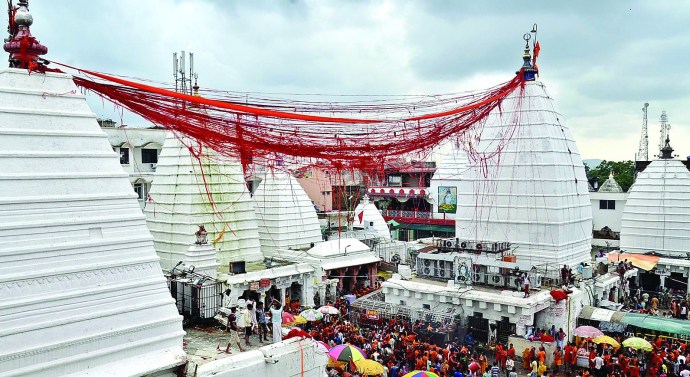
Today Open now UTC+5.5
04:00 AM - 09:00 PM
-
Monday
04:00 AM - 09:00 PM
-
Tuesday
04:00 AM - 09:00 PM
-
Wednesday
04:00 AM - 09:00 PM
-
Thursday
04:00 AM - 09:00 PM
-
Friday
04:00 AM - 09:00 PM
-
Saturday
04:00 AM - 09:00 PM
-
Sunday
04:00 AM - 09:00 PM


